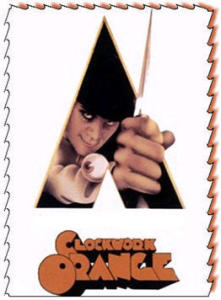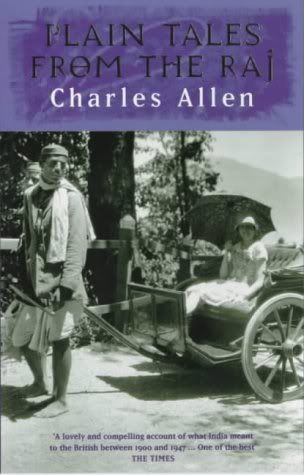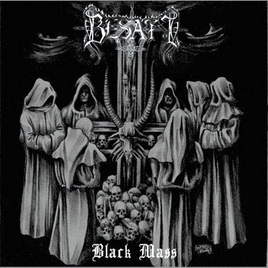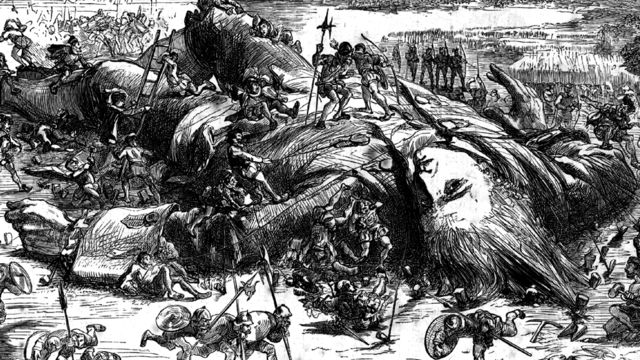Pass: bbc4free.blogspot.com
Jonathan Swift's classic satire, in a brand new dramatisation starring Arthur Darvill [Dr Who.]
(57 Mins each episode)
Episode 1 (05 Feb 2012)
------------------------
Gulliver is shipwrecked on the Island of Lilliput where the natives are tiny people living in a miniature society. With his unique overview of this realm, Gulliver discovers a world of petty politics and small minds. Coerced into a war between two nations who disagree on the best way to eat boiled eggs, Gulliver finds himself betrayed by friends and battered by enemies - escape is his only option if he wants to survive!
Gulliver's adventures in Lilliput are hilarious, disturbing and profound. This is a story of dishonest politicians, mindless ceremony and wars based on unconvincing arguments. A satire as potent now as it ever was!
Gulliver's Travels quickly became a classic. The book has become not only the defining work of its author but also of its genre - a landmark in English Literature to which all satirists today can trace a heritage.
Gulliver's Travels is adapted for radio by Matthew Broughton, and is a BBC Cymru/Wales production, directed by Sam Hoyle.
Gulliver's Travels stars Arthur Darvill as Gulliver. Other members of the company are Matthew Gravelle, Sam Dale, Bethan Walker, Judith Faultless, Richard Nichols, Chris Pavlo, Claire Cage, Lynne Seymour.
Episode 2 (12 Feb 2012)
-----------------------
Gulliver's adventures continue when he finds himself in Brobdingnag - a land where the inhabitants are enormous! Here, as a miniature man, Gulliver must fight for survival against rats the size of dogs, a dwarf who is 40 foot high, and the ridicule and humiliation of a scornful court.
With his uniquely close-up view, Gulliver sees the people (even the great beauties) as if under a microscope - and they are dirty, stinking and disgusting. He becomes increasingly horrified by humankind, stranded in a frightening land where his only ally is an innocent child. Once again, escape is imperative - if he doesn't, he won't survive...
As an exploration of of man's vanity and complacency, Gulliver's second voyage is an acute satire - as relevant today as ever. Beyond that, it is also a rattling good adventure story - a man lost, swashbuckling his way through manifold giant-sized dangers, desperate to find a way back home.
Gulliver's Travels stars Arthur Darvill as Gulliver. Other members of the company are Matthew Gravelle, Sam Dale, Bethan Walker, Judith Faultless, Richard Nichols, Chris Pavlo, Claire Cage, Lynne Seymour, Gareth Pierce, Ewan Bailey and Phoebe Waller-Bridge.
Episode 3 (19 Feb 2012)
-----------------------
The last voyages of Jonathan Swift's story are the lesser told. Gulliver finds himself on the floating Island of Laputa, where he encounters mad scientists and the terrifying ghosts of the great and the good. He flees from these intellectual and spiritual horrors, only to finally find a kind of Eden with the Houyhnhnms, a race of intelligent and gentle horses. However, in this land, humans - or as they are called, the 'Yahoos' - are considered vermin. The dark and traumatizing experiences Gulliver has in this land change his life (and his wife and family's lives) forever. With the satire here focused on crazy scientific experimentation, superstition, and finally spiritual desolation - Gulliver's Travels is as modern and potent now as it has ever been.
Gulliver's Travels stars Arthur Darvill as Gulliver. Other members of the company are Matthew Gravelle, Sam Dale, Bethan Walker, Judith Faultless, Richard Nicol, Chris Pavlo, Claire Cage, Lynne Seymour, Gareth Pierce, Ewan Bailey and Phoebe Waller-Bridge.


















